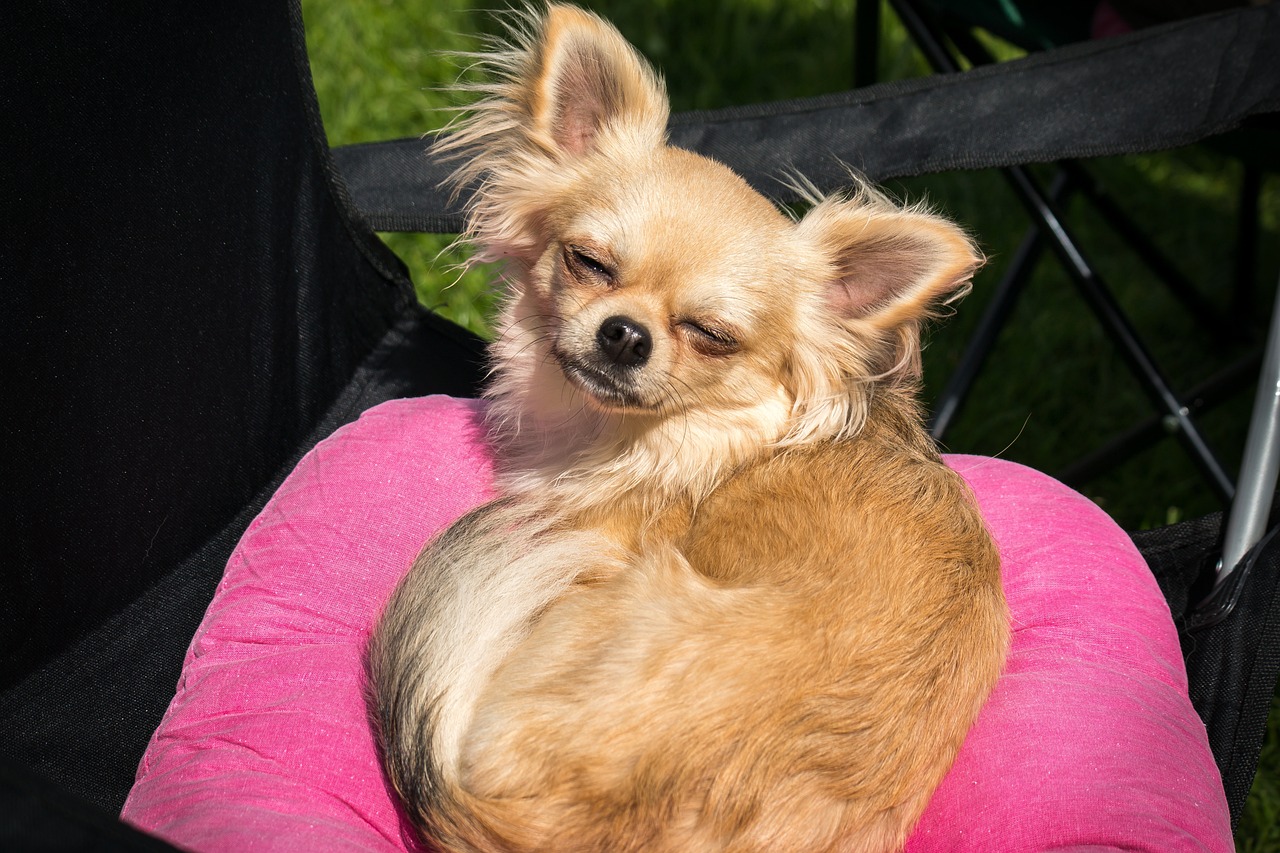 Shutterstock
Shutterstock
Snowfall can be a magical experience, but not every dog feels the same way about the cold and the snow. While some breeds seem to come alive in the winter, frolicking in the snow with pure joy, others would rather curl up by the fire and avoid the cold altogether. Dogs that love snow often have thick coats, high energy levels, and a love for the outdoors, while those that hate it may find the cold unbearable due to their size, coat type, or temperament.
Siberian Husky
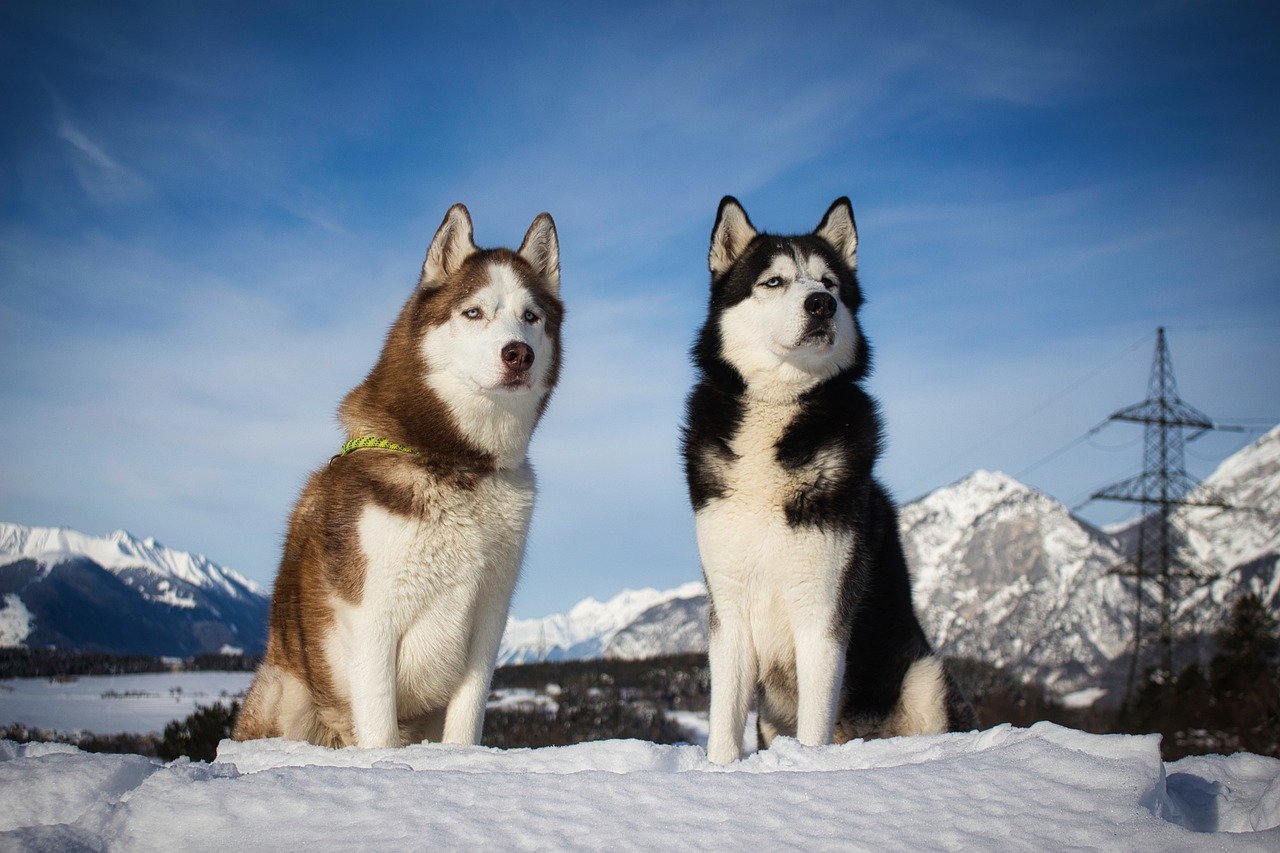 Shutterstock
Shutterstock
Siberian Huskies are the poster dogs for winter-loving breeds. Originally bred by the Chukchi people in Siberia to pull sleds across vast, snowy landscapes, these dogs thrive in cold weather. Their thick double coat provides excellent insulation against freezing temperatures, and their high energy levels mean they enjoy hours of outdoor play, even in the snow. Huskies love to run, and their stamina makes them perfect companions for winter sports like skijoring or simply long hikes in the snow. Snow is their element, and they seem to thrive when temperatures drop.
Alaskan Malamute
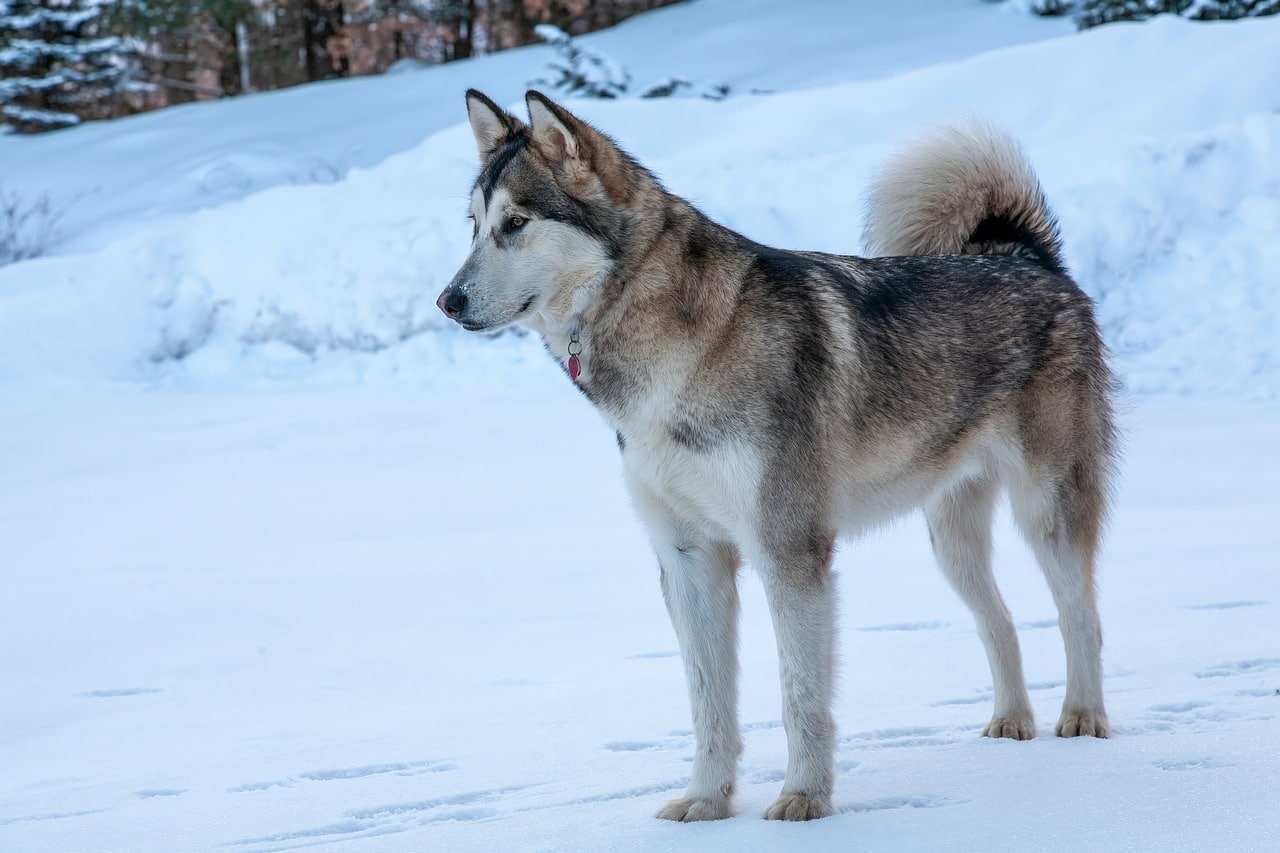 Shutterstock
Shutterstock
Like the Siberian Husky, the Alaskan Malamute is a breed built for snow. These strong, muscular dogs were bred to pull heavy sleds over long distances in the Arctic. Malamutes have a dense, waterproof double coat that protects them from harsh winter conditions. Their large paws are well-suited for trekking through snow, and they love spending time outdoors, no matter how cold it gets. Malamutes enjoy physical challenges, and snow provides the perfect environment for them to burn off their abundant energy, making them one of the top snow-loving breeds.
Saint Bernard
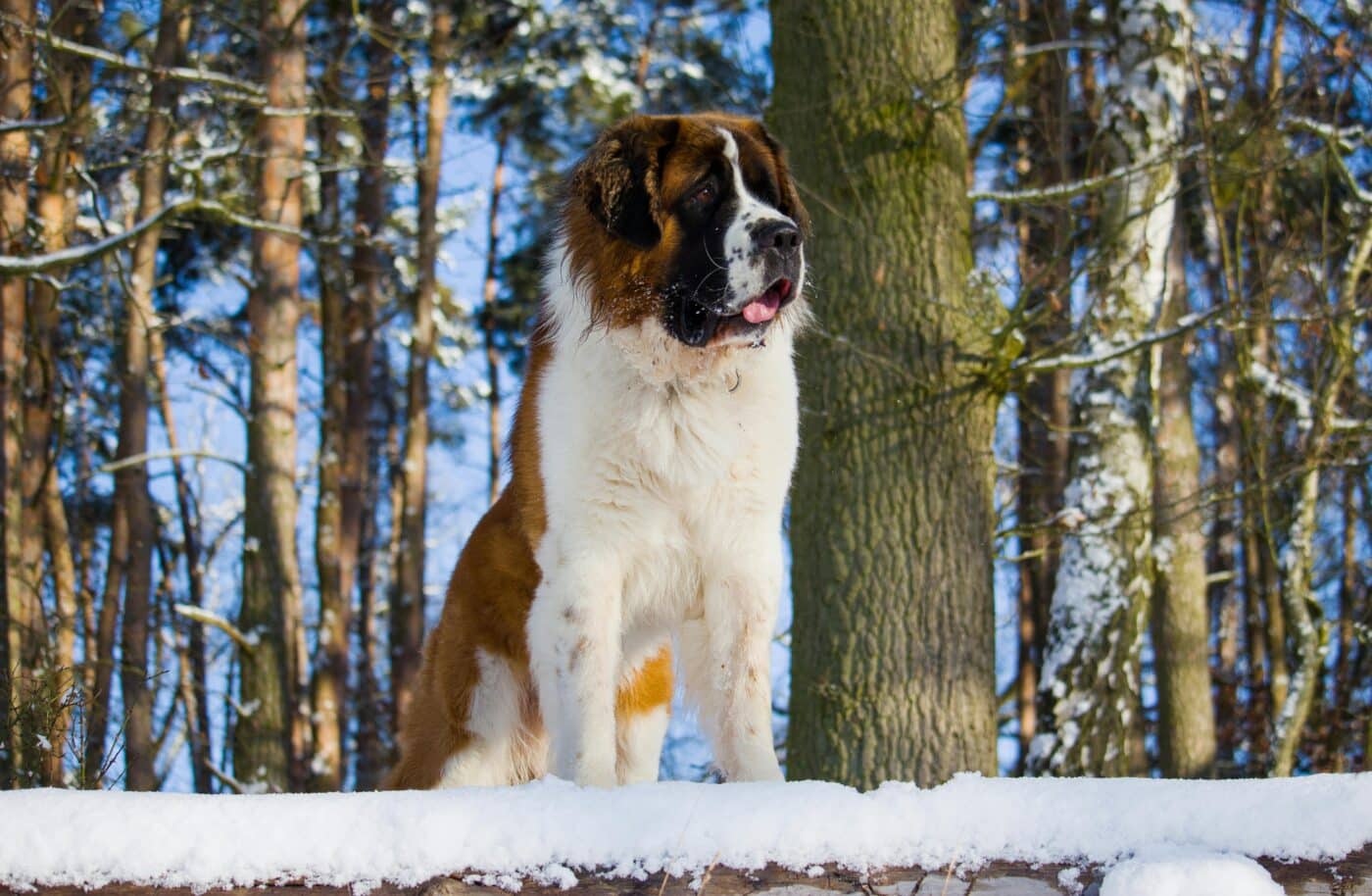 Shutterstock
Shutterstock
Known for their history of rescuing lost travelers in the Swiss Alps, Saint Bernards are a breed that loves cold weather. These gentle giants have a thick coat that keeps them warm in snowy environments, and their large size allows them to move easily through deep snow. Despite their calm demeanor, Saint Bernards enjoy outdoor activities, especially in the winter, where their natural strength and endurance can shine. While they may not be as energetic as some other breeds, they have a deep connection to snowy environments, making them a true snow-loving breed.
Bernese Mountain Dog
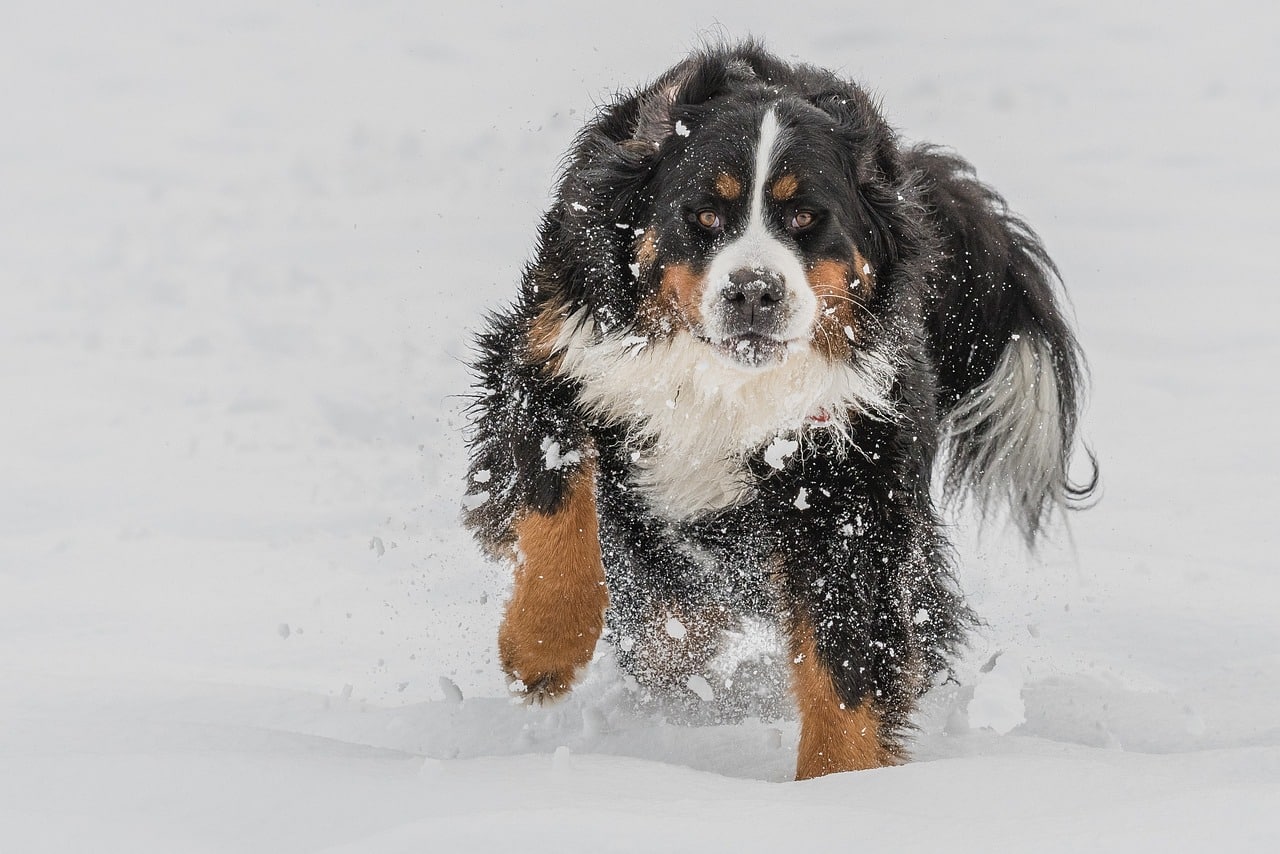 Shutterstock
Shutterstock
The Bernese Mountain Dog, hailing from the Swiss Alps, is another breed that loves snow. Bred as working dogs to pull carts and herd livestock, Bernese Mountain Dogs are well-suited for cold weather. Their thick, tricolored coat provides excellent insulation, and they enjoy outdoor activities, especially in the snow. These dogs are known for their gentle nature and strong work ethic, making them perfect companions for winter hikes and snow-filled adventures. Bernese Mountain Dogs thrive in colder climates and are happiest when they can play in the snow.
Samoyed
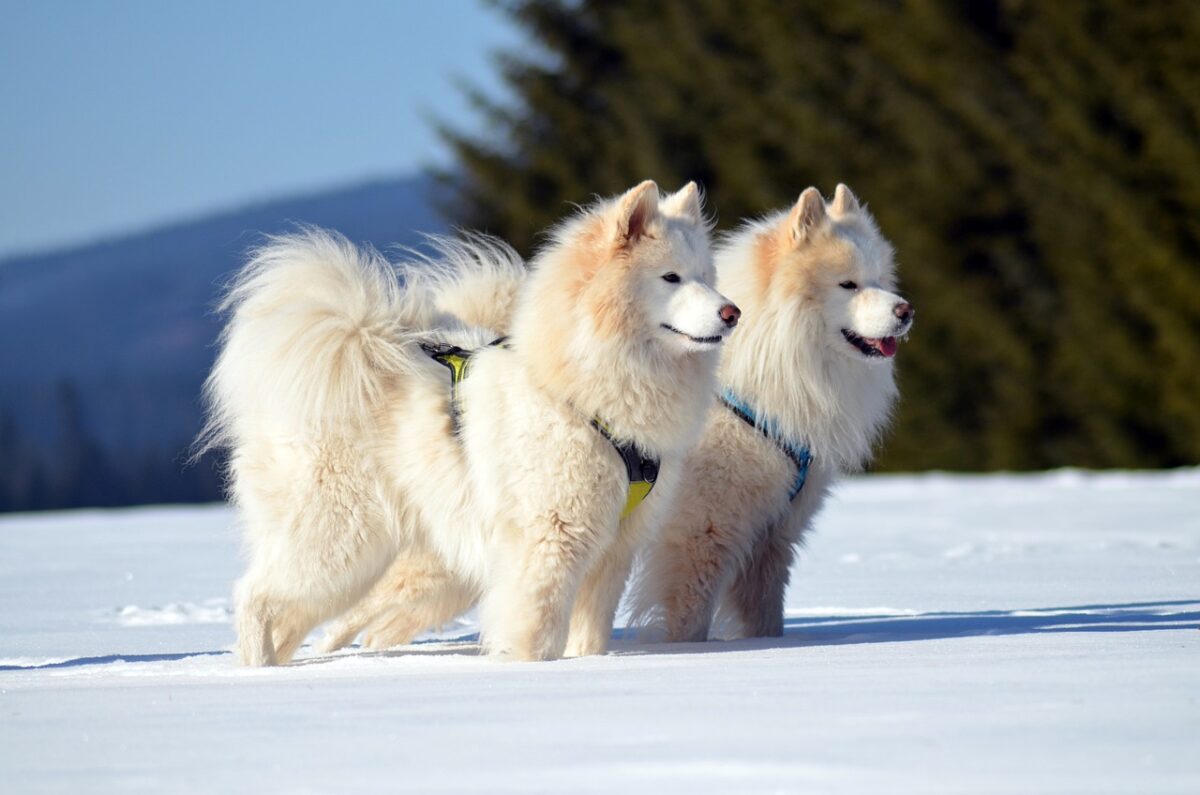 Shutterstock
Shutterstock
Samoyeds are known for their beautiful, fluffy white coats, but this breed’s love for snow goes far beyond aesthetics. Originally bred by the Samoyede people in Siberia to herd reindeer and pull sleds, Samoyeds are perfectly suited for cold weather. Their dense, weather-resistant coat protects them from freezing temperatures, and their playful, energetic nature means they love frolicking in the snow. Samoyeds are often referred to as the “smiling” dogs due to their happy expression, which seems to shine even brighter when they’re playing in their favorite snowy environment.
Finnish Lapphund
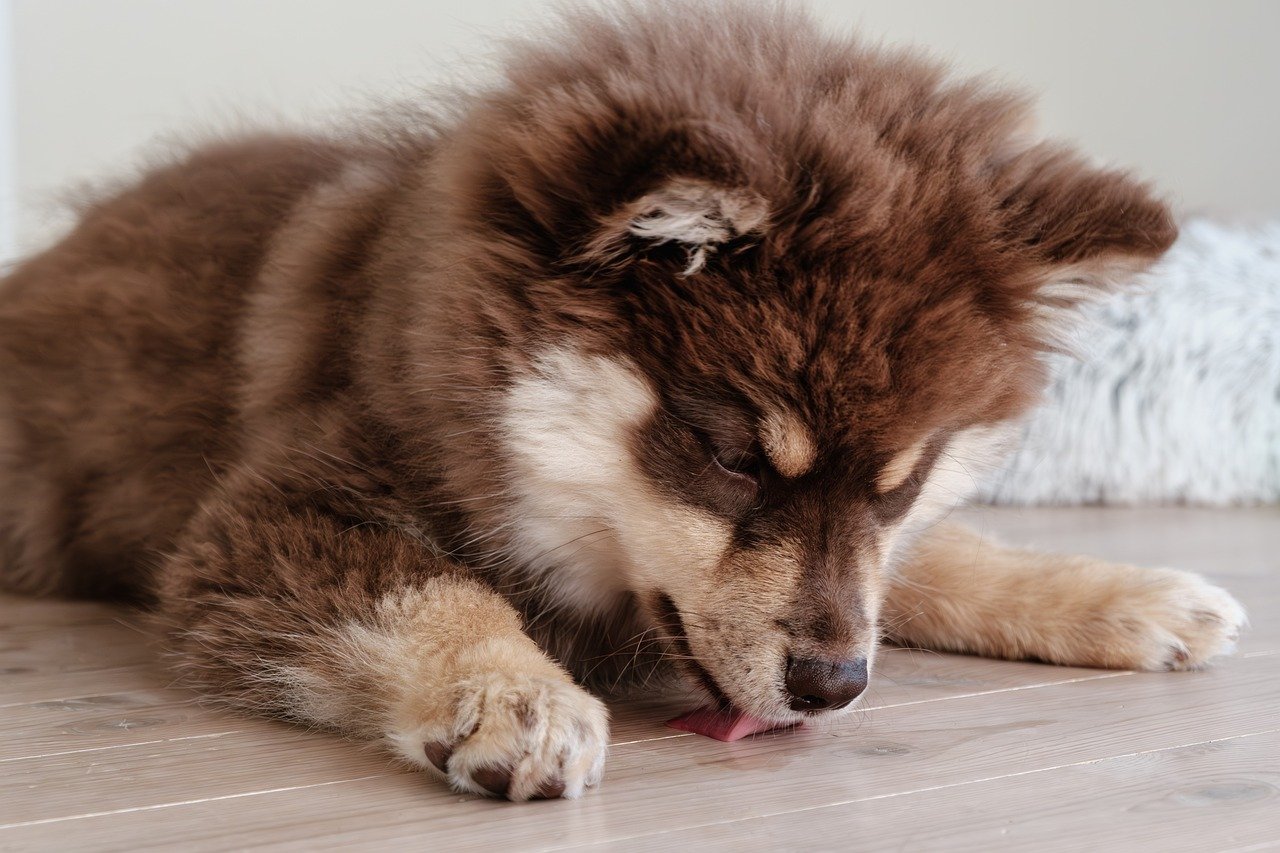 Shutterstock
Shutterstock
The Finnish Lapphund is a lesser-known breed that thrives in cold weather. Originating from Finland, where they were used to herd reindeer, these dogs have a thick, double coat that makes them well-suited for snow and ice. Finnish Lapphunds are agile and quick, making them excellent companions for outdoor winter activities. Their playful nature and endurance mean they can spend hours enjoying the snow without getting tired. While they may not be as well-known as some other snow-loving breeds, Finnish Lapphunds are a perfect fit for those who live in cold climates and enjoy winter adventures.
Tibetan Mastiff
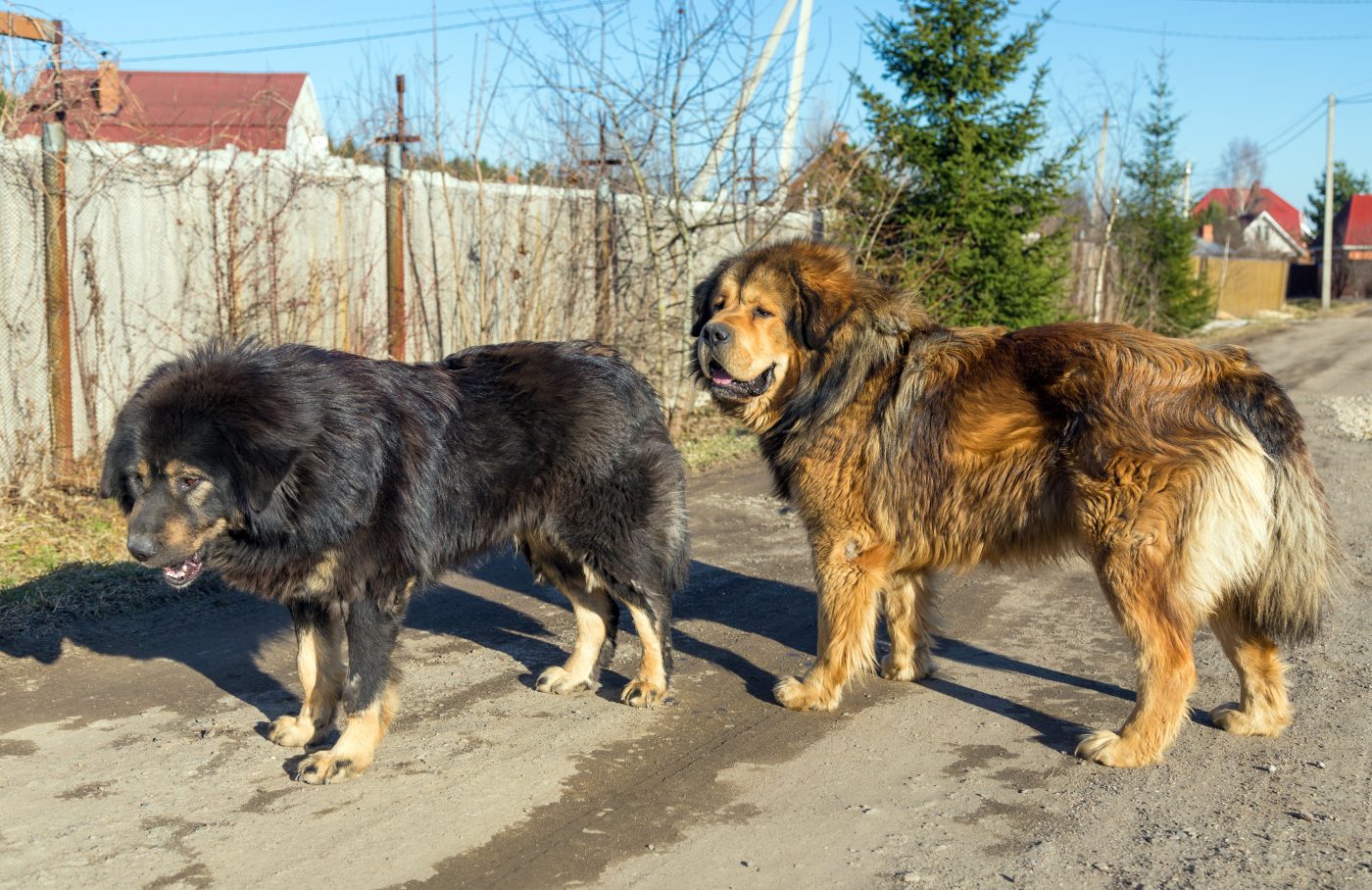 Shutterstock
Shutterstock
The Tibetan Mastiff may not be the first breed that comes to mind when thinking about snow-loving dogs, but these powerful dogs are well-suited for cold climates. Originally bred to guard livestock in the Himalayas, Tibetan Mastiffs have a thick, woolly coat that provides excellent insulation against freezing temperatures. Their independent and calm nature means they don’t need constant supervision, and they enjoy spending time outdoors in the snow. While they may not have the same playful energy as some other breeds, Tibetan Mastiffs are perfectly content in cold, snowy environments.
Newfoundland
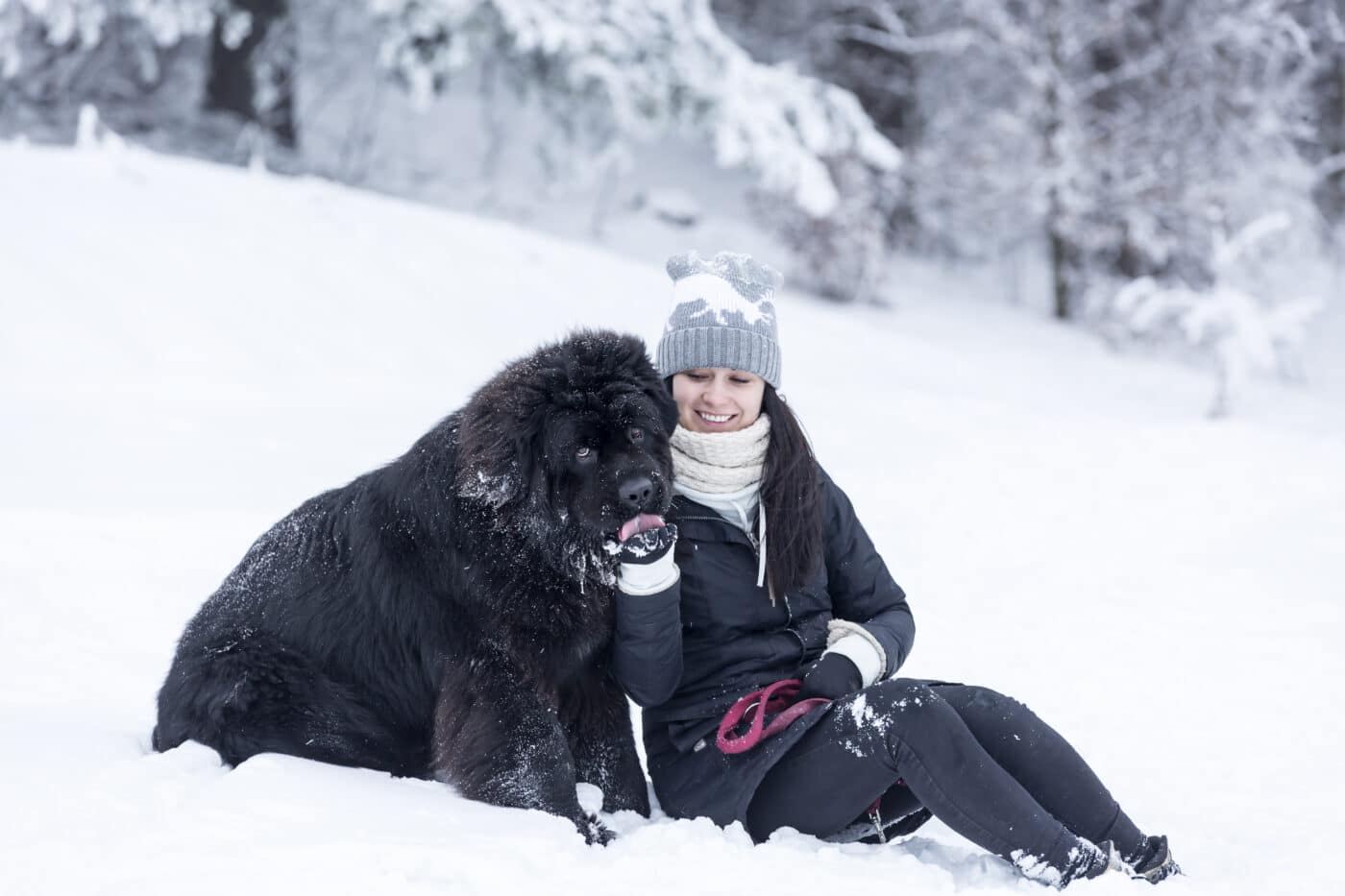 Shutterstock
Shutterstock
Newfoundlands, with their thick double coats and love for water, are well-equipped to handle cold weather and snow. Bred to work alongside fishermen in the cold waters of Newfoundland, these dogs have an innate ability to thrive in icy conditions. Newfoundlands are strong swimmers, even in frigid temperatures, and their large size and gentle nature make them excellent companions for outdoor winter activities. They enjoy playing in the snow and are known for their endurance in cold climates, making them one of the top snow-loving breeds.
These Pups Would Rather Curl Up By The Fire With A Cup Of Tea!
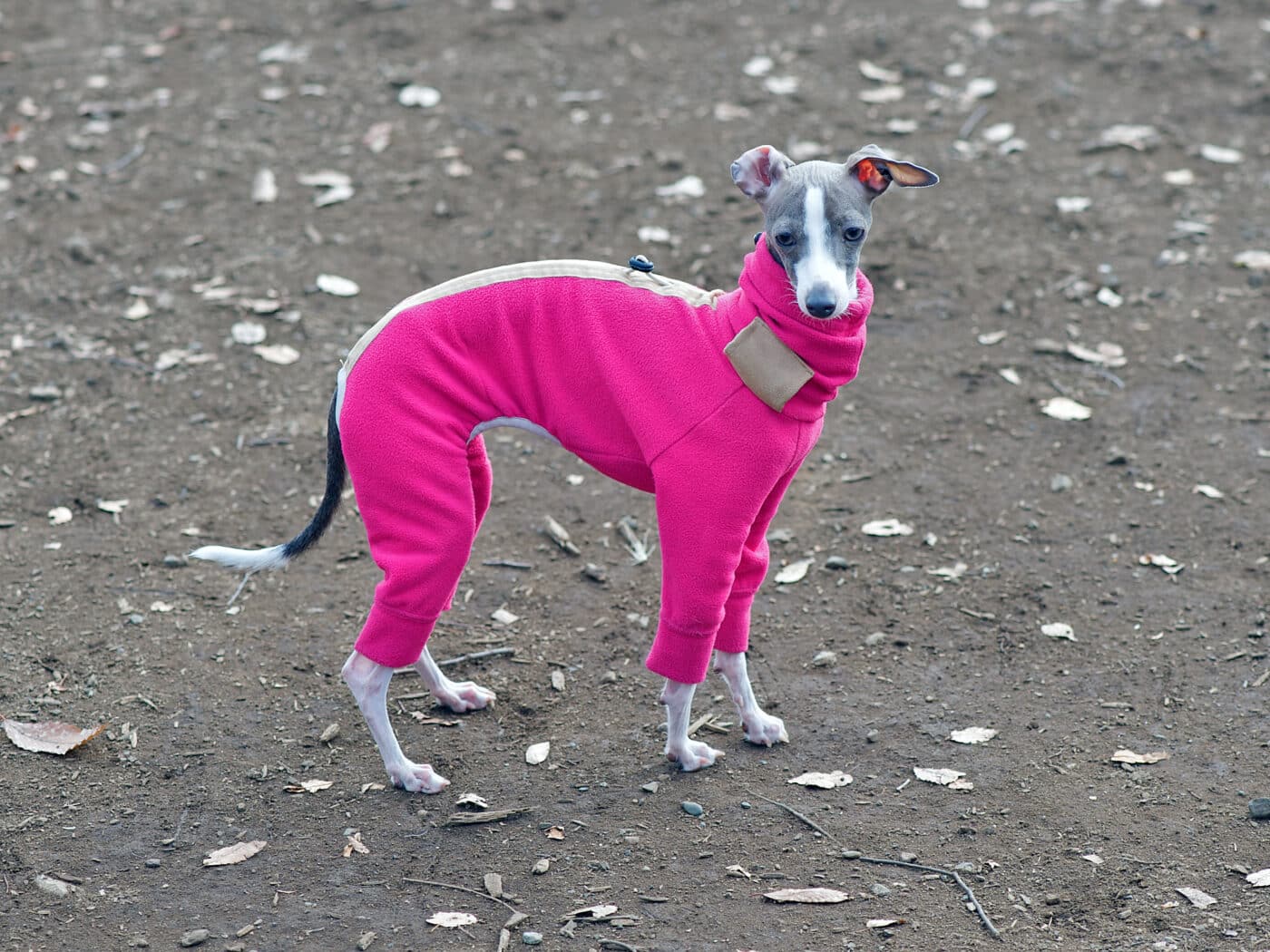 Shutterstock
Shutterstock
The five breeds below are happy to watch their snow-loving friends frolic from a cozy window seat, but joining them is out of the question!
Chihuahua
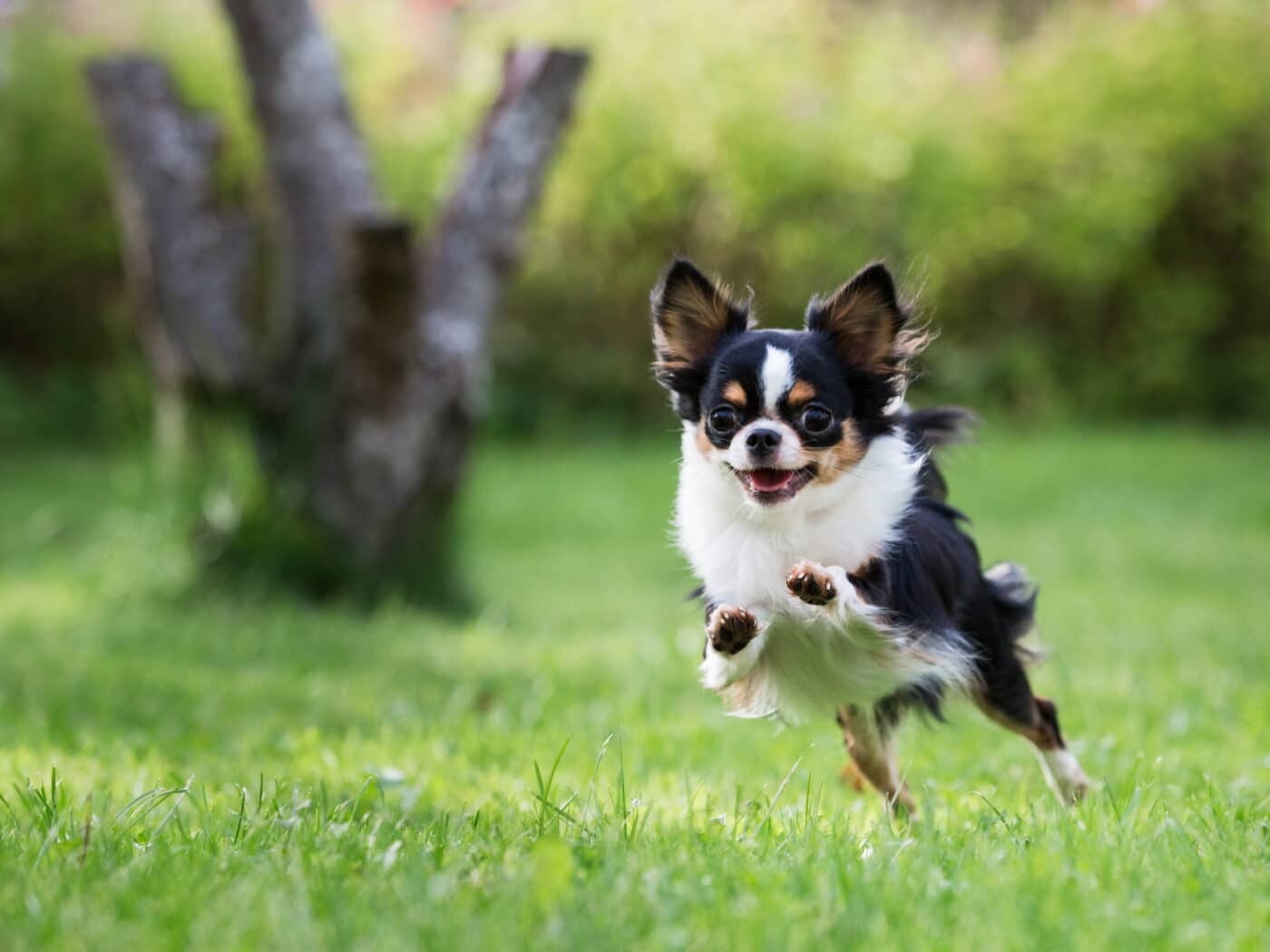 Shutterstock
Shutterstock
Chihuahuas may have big personalities, but they’re not fans of the cold. With their tiny size and thin coat, Chihuahuas are sensitive to low temperatures and often shiver when exposed to the cold. Snow is particularly difficult for them to navigate due to their small size, and they’re more likely to hide under blankets than venture outside in winter weather. If you own a Chihuahua, you’ll probably need to invest in some doggy sweaters or jackets to keep them warm during colder months.
Greyhound
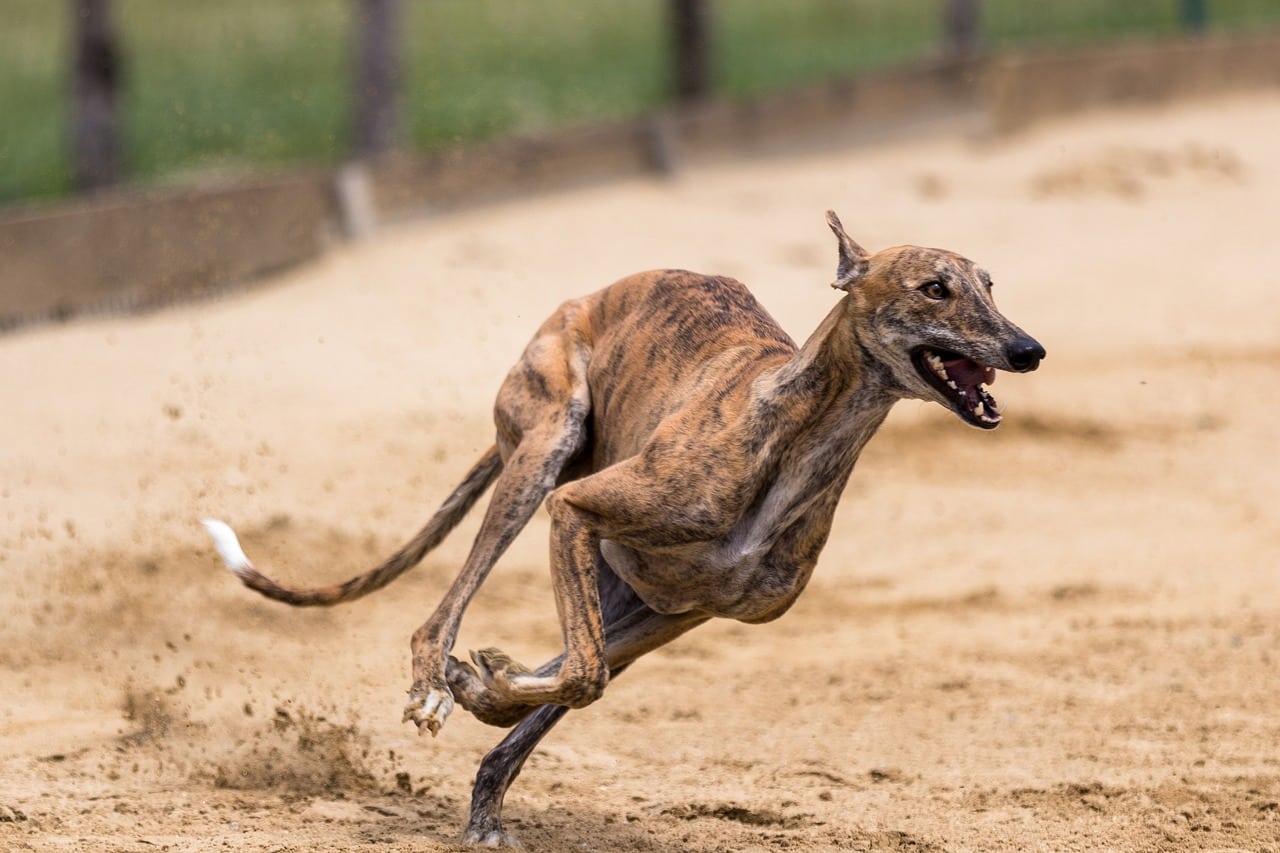 Shutterstock
Shutterstock
Greyhounds are built for speed, not cold weather. With their thin, sleek coats and lean bodies, Greyhounds have little insulation to protect them from the cold. They tend to avoid snow and may even refuse to go outside in winter unless absolutely necessary. While they enjoy a good run in mild weather, they’re much happier lounging indoors when it’s cold outside. If you have a Greyhound, keeping them warm with coats or blankets during the winter months is essential.
Dachshund
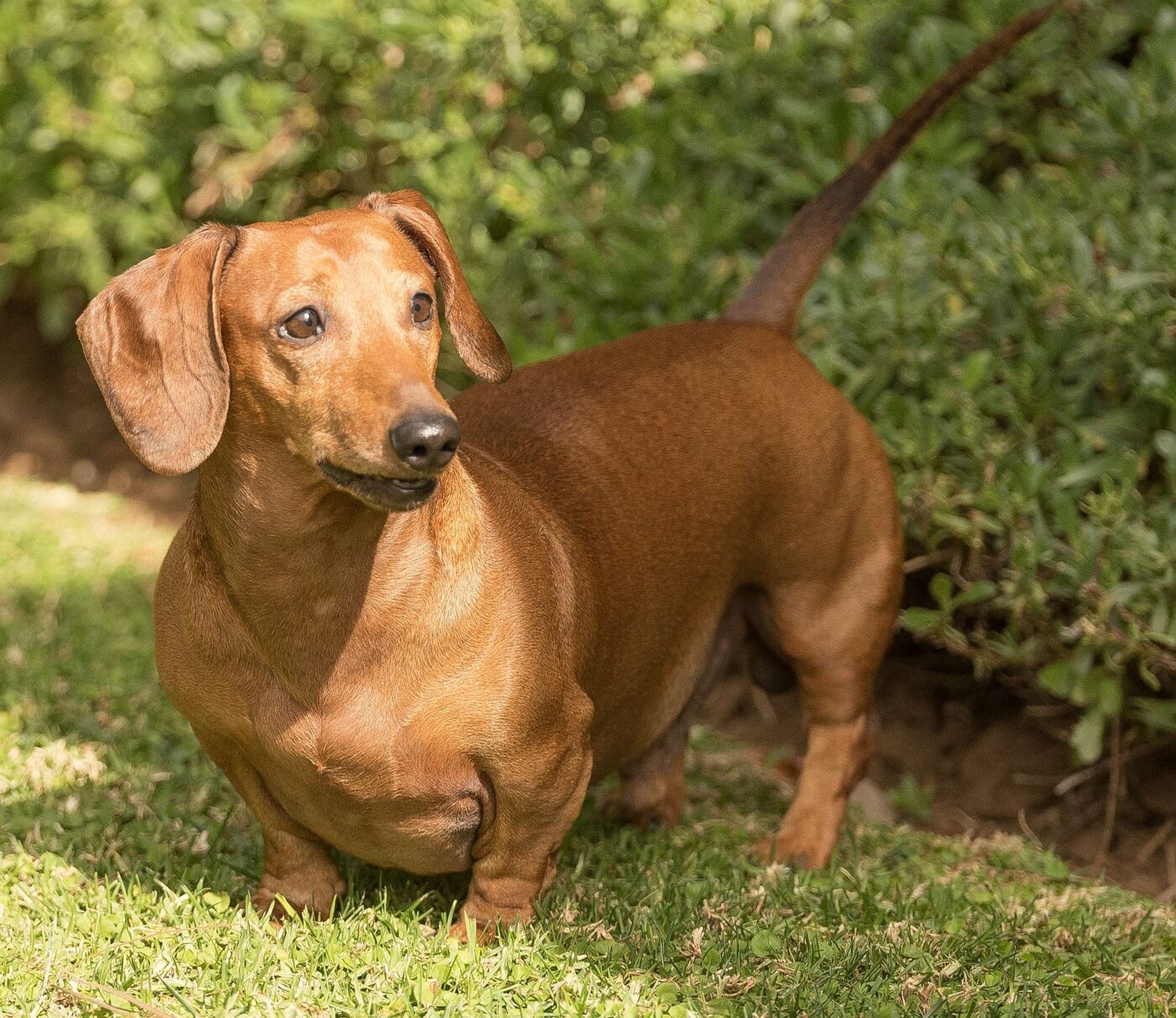 Shutterstock
Shutterstock
Dachshunds are another breed that struggles with cold weather. Their short legs make it difficult for them to navigate through snow, and their thin coat offers little protection from the cold. Dachshunds are known for burrowing under blankets, and they’ll often seek out the warmest spot in the house during the winter. While they may enjoy a quick romp in the snow, they’ll quickly want to retreat to the warmth of the indoors. Cold weather and snow are not a Dachshund’s favorite environment.
Italian Greyhound
 Shutterstock
Shutterstock
The Italian Greyhound is even more sensitive to the cold than its larger Greyhound relatives. With a slender frame and a thin, short coat, this breed feels the cold easily and prefers warm environments. Italian Greyhounds are known for being somewhat fragile in cold weather, often needing sweaters, jackets, or even booties to protect them from the elements. They tend to avoid snow altogether and would rather be curled up in a warm bed or lounging in a sunbeam.
Chinese Crested
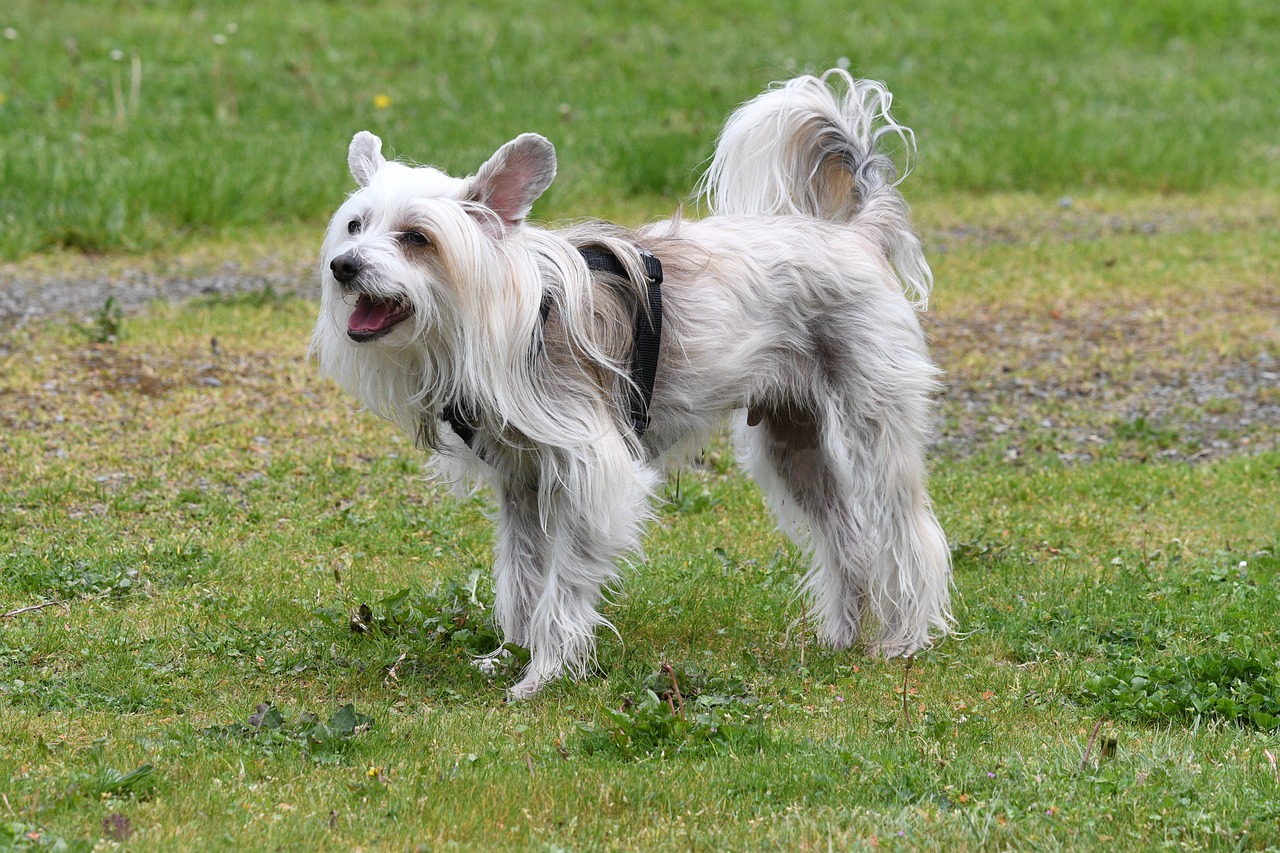 Shutterstock
Shutterstock
The Chinese Crested, especially the hairless variety, is not built for cold weather. With little to no fur to protect them from the elements, these dogs are highly sensitive to both cold and heat, but snow is particularly uncomfortable for them. Chinese Cresteds often need protective clothing to stay warm during colder months, and they’re much happier indoors, where they can avoid the discomfort of snow and freezing temperatures. If you own a Chinese Crested, it’s important to keep them bundled up and limit their exposure to the cold.
Cold Weather Companions (and Those Who’d Rather Stay Indoors)
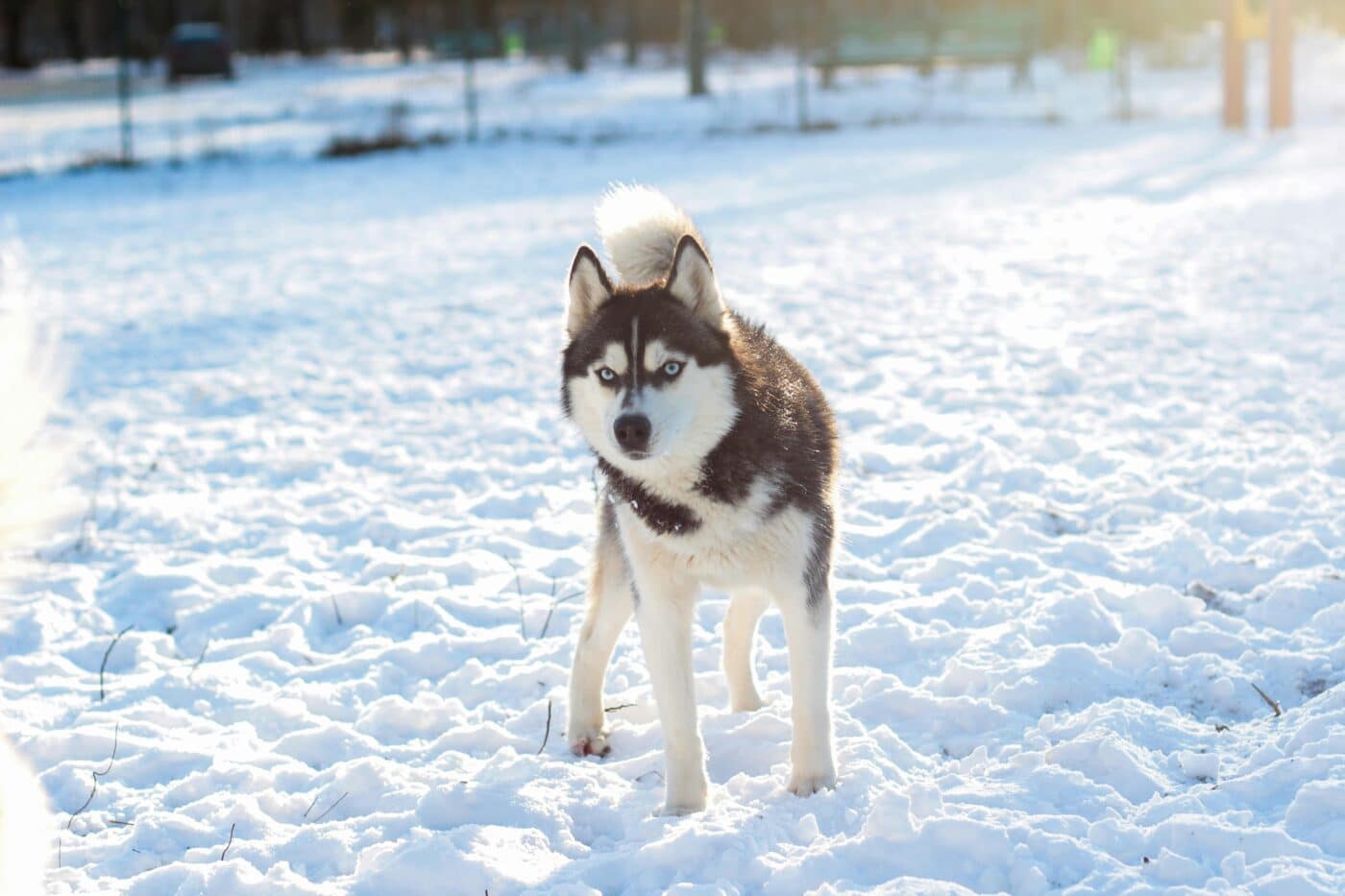 Shutterstock
Shutterstock
For snow-loving breeds like the Siberian Husky and Samoyed, winter is the perfect season to shine, as their thick coats and energetic spirits make them well-suited for cold climates. On the other hand, breeds like the Chihuahua and Italian Greyhound are far more comfortable when tucked inside, away from the freezing weather. Whether your dog loves or hates snow, it’s essential to keep their needs in mind during the winter months. Understanding their preferences can help you ensure they stay happy, comfortable, and healthy, no matter the season.

 1 month ago
13
1 month ago
13



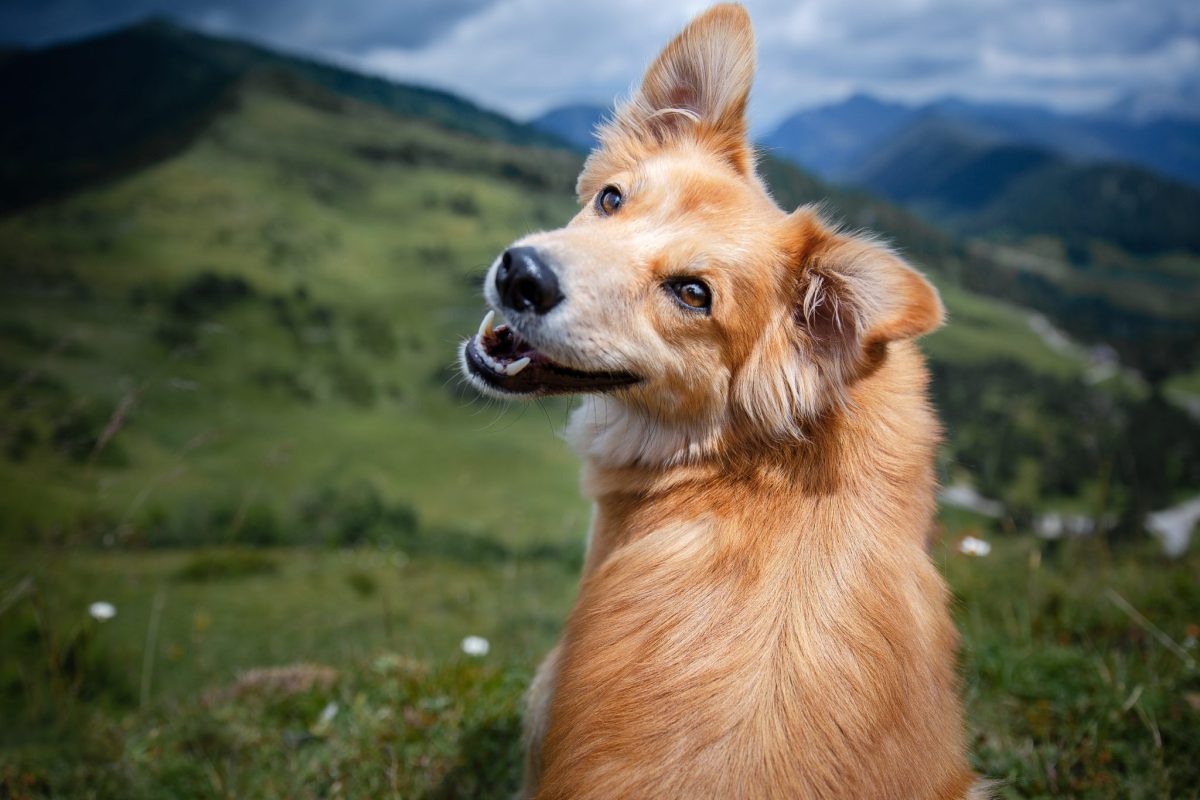
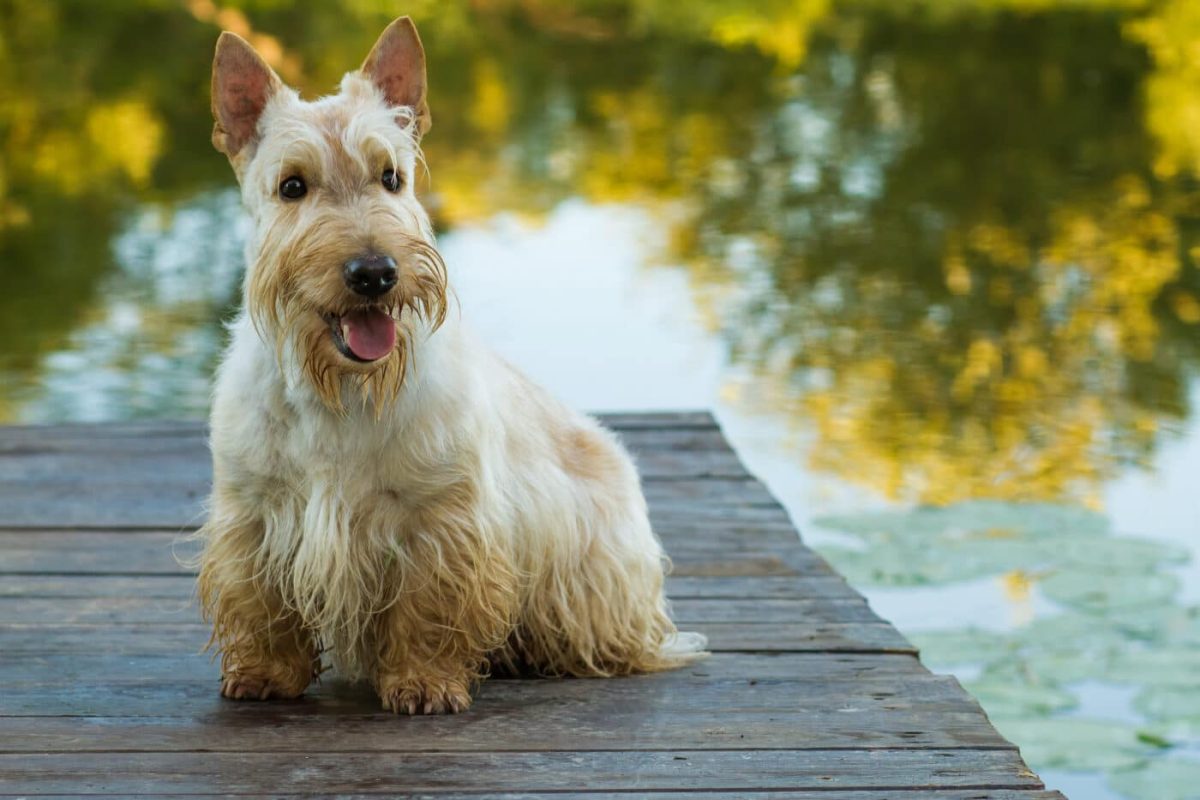



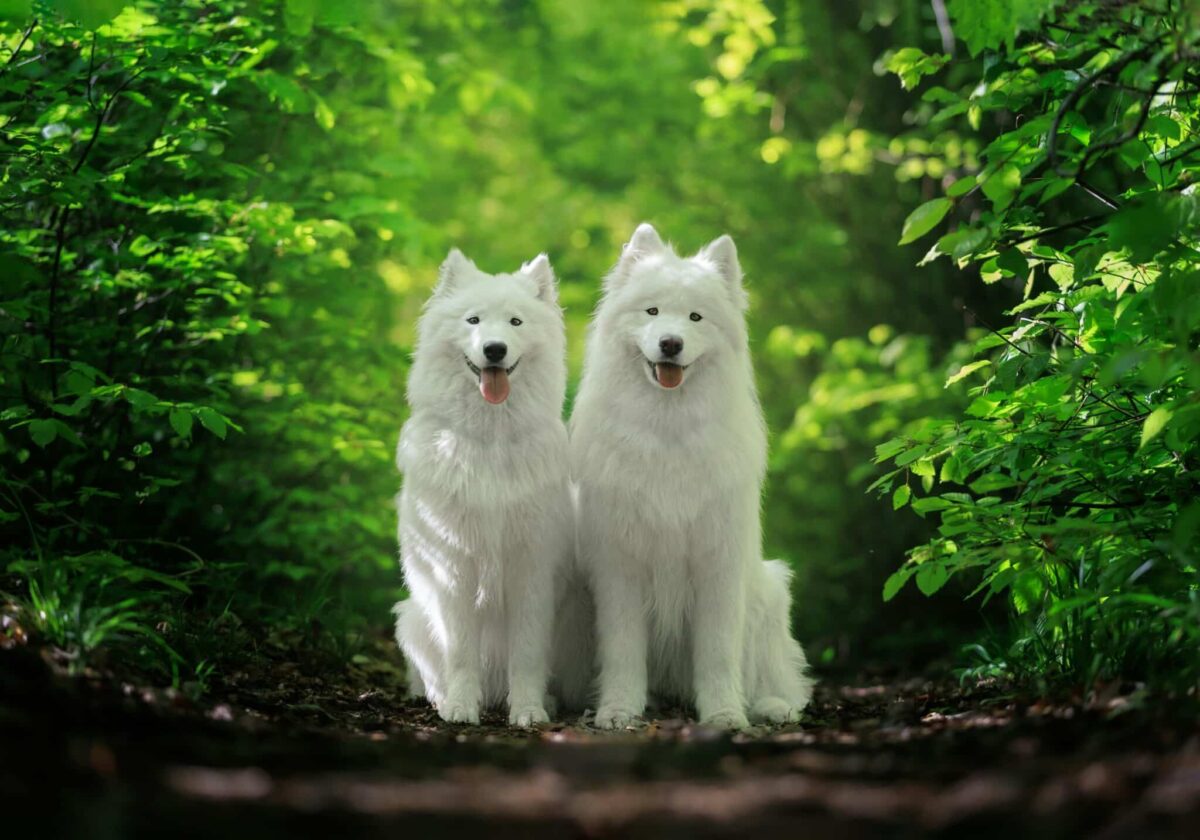
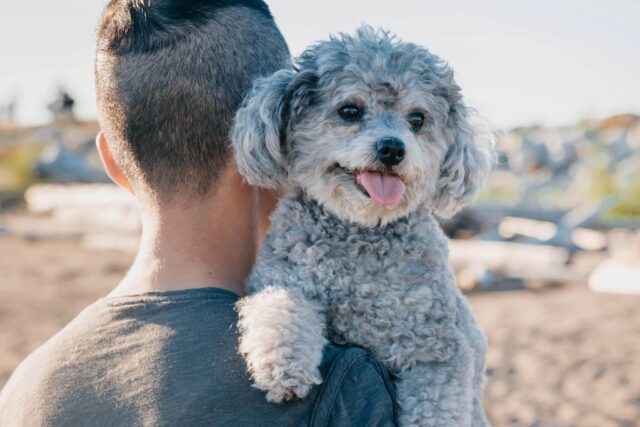

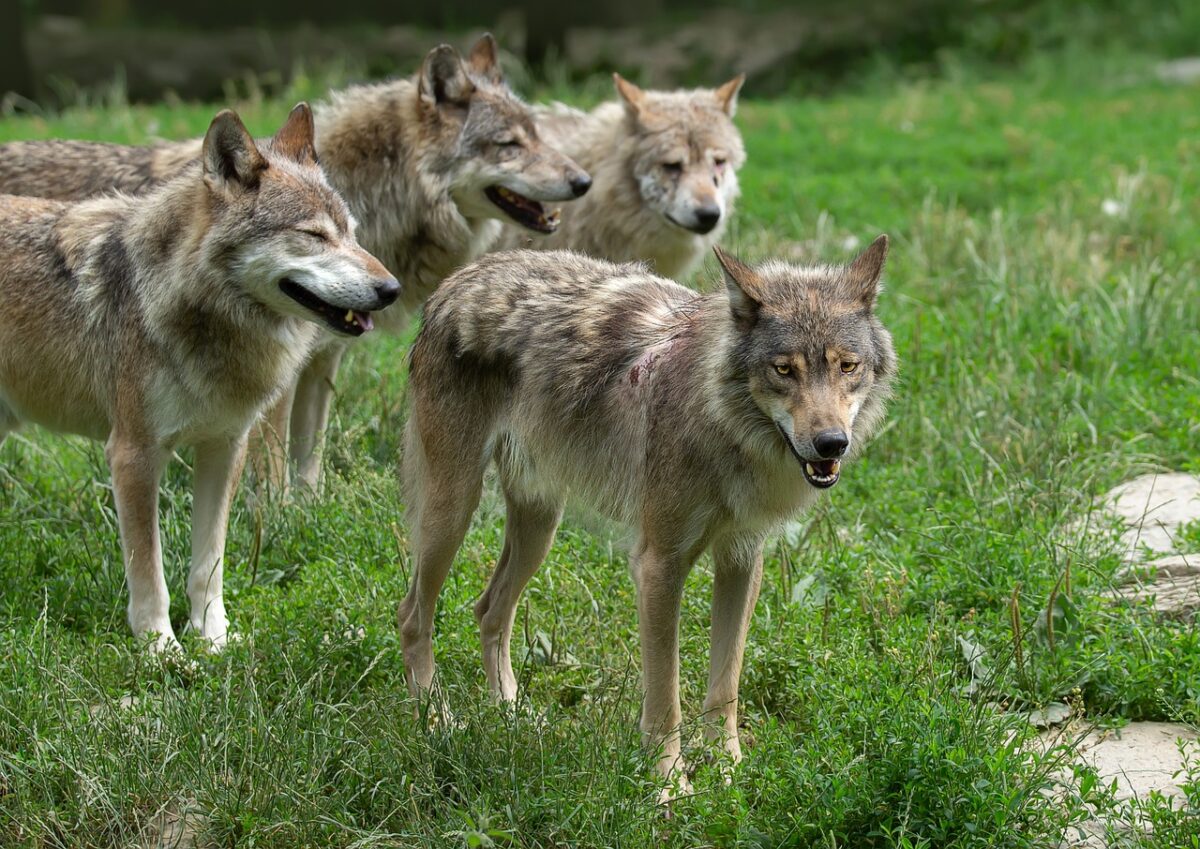
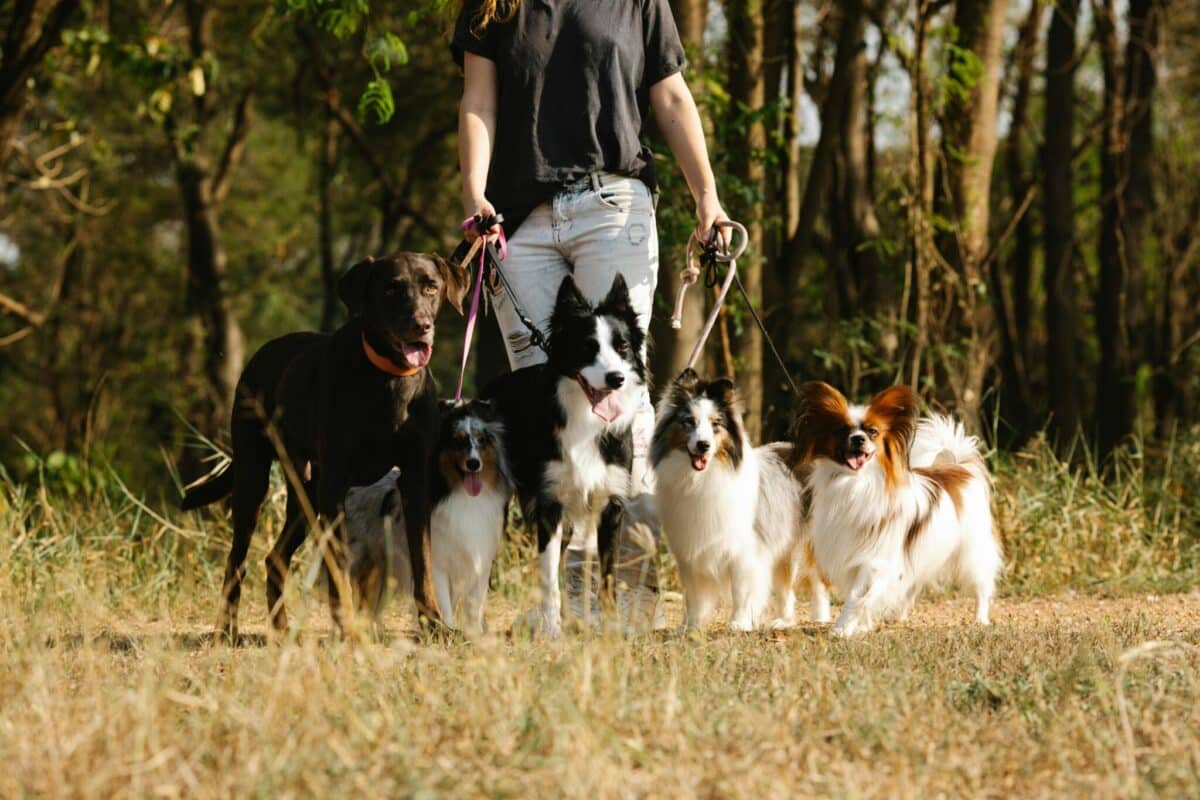
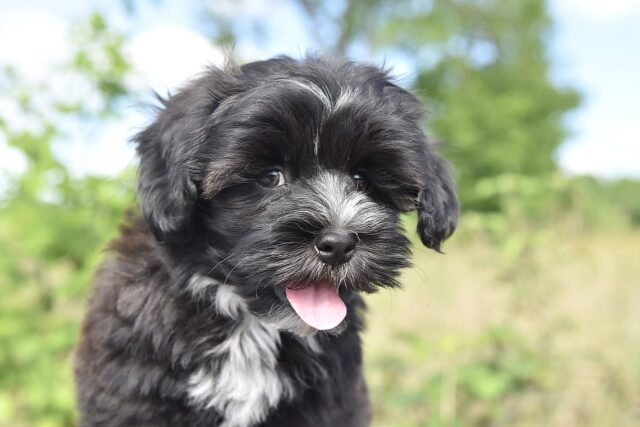
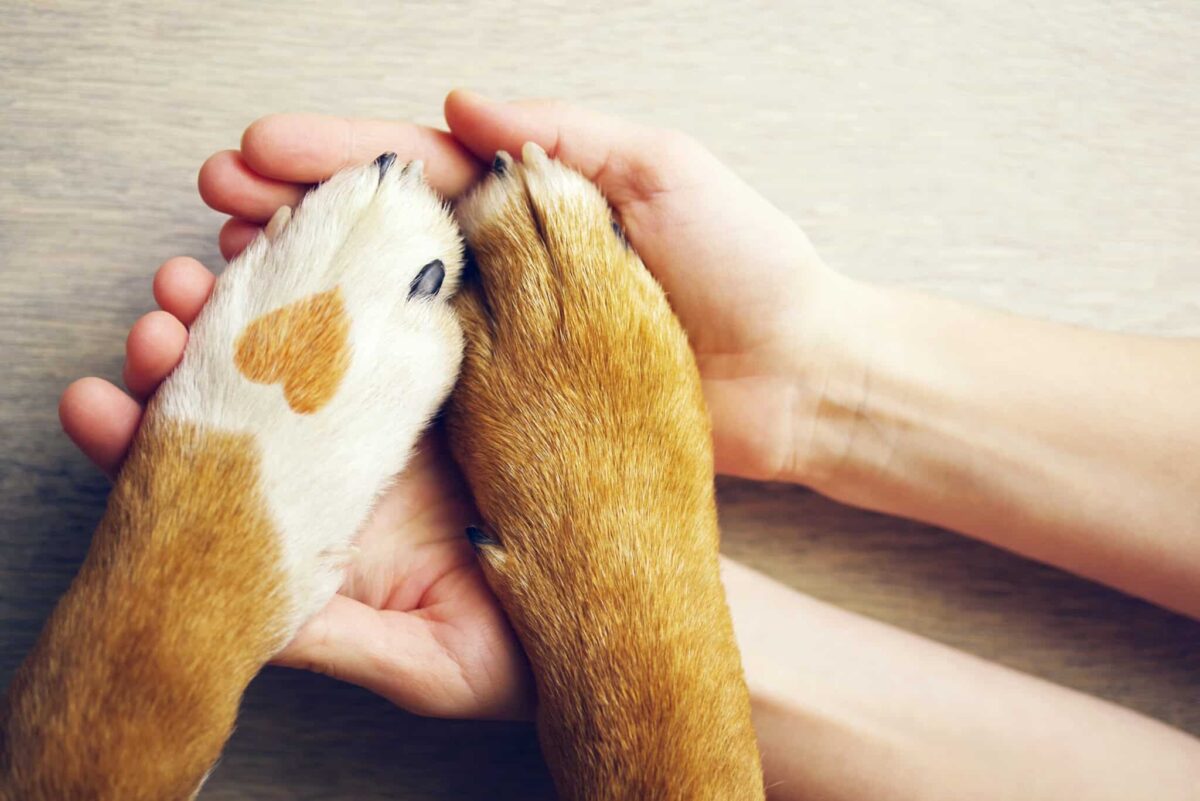

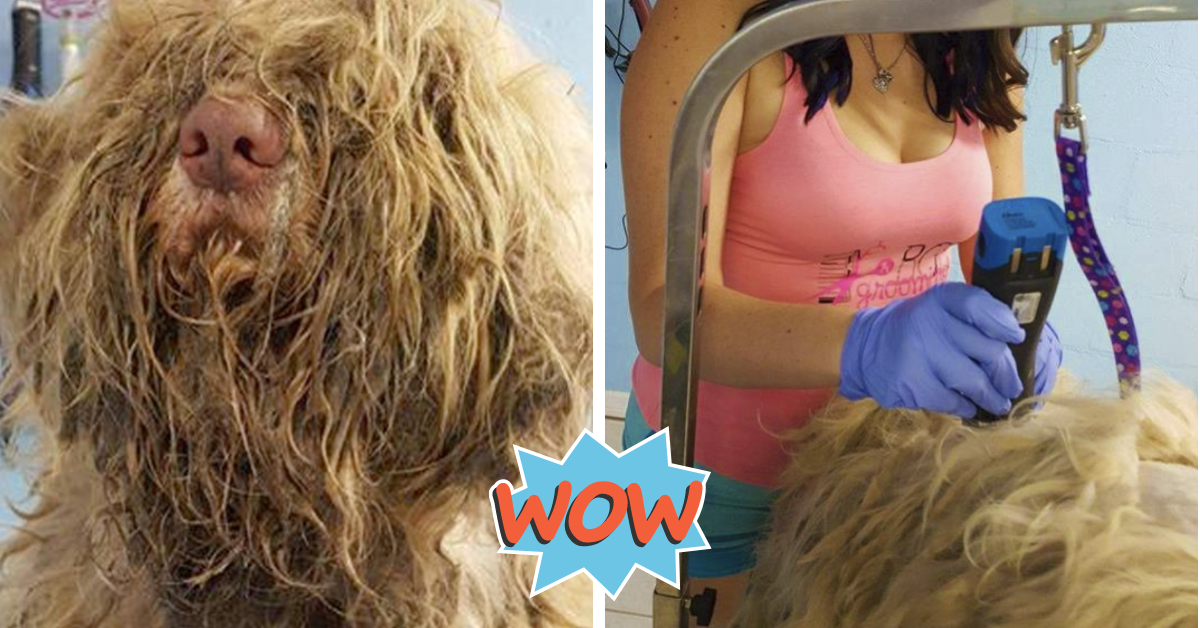
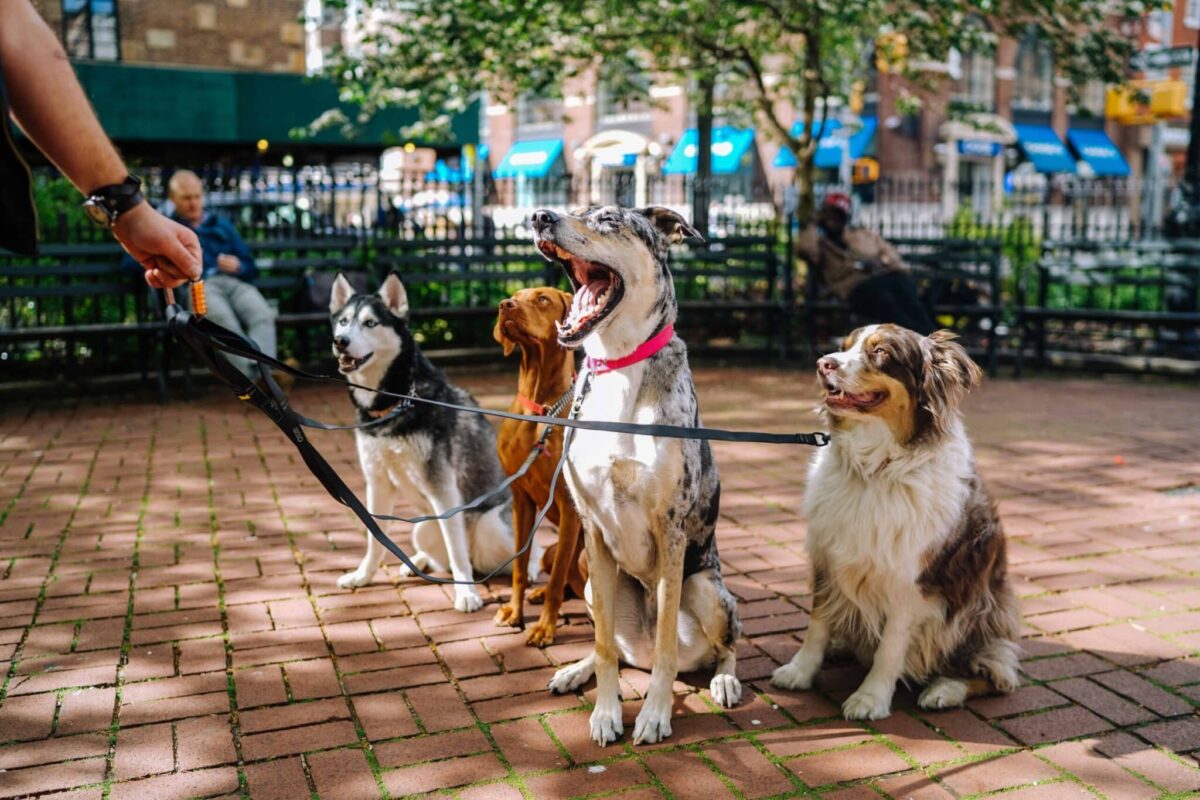
 English (US) ·
English (US) ·